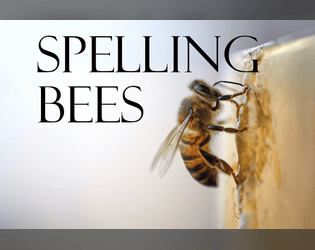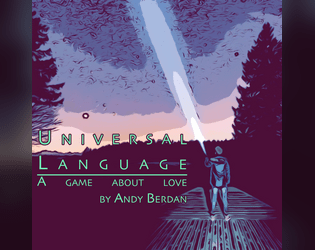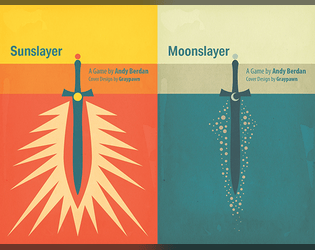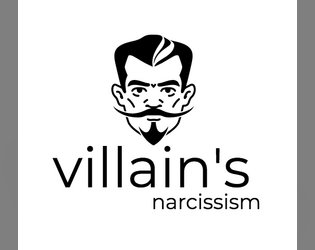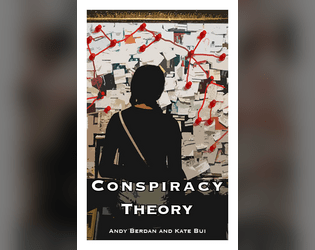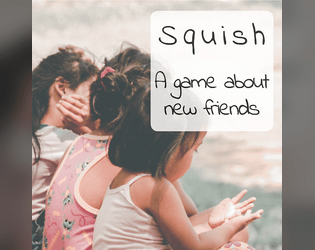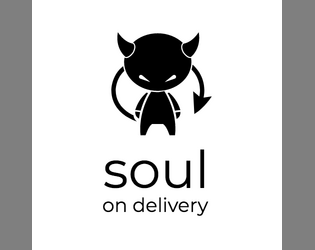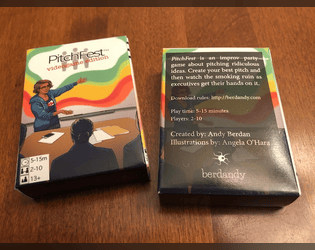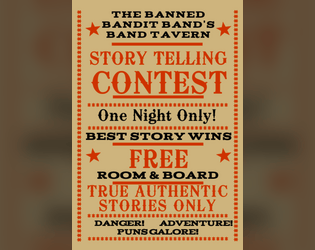Thank you! It was indeed unintentional, but I’ve heard this several times, and it makes me happy every time.
Berdandy
Creator of
Recent community posts
For me, as my tabletop work is very much a labour of love, I’m very wary of burning out (my day job is a video game developer).
As such, I tend to aim for one large release every year, and 1-5 smaller ones when inspiration strikes. I’m by no means a commercial success, so take that as you will. In the past, I took on a number of other tabletop related projects (podcast, talk show, etc, etc). It was all definitely too much.
Try to identify what and how much feeds you and do that. And don’t forget that your body doesn’t really know the difference between fun stress and unfun stress.
Yes. Lots of different ways. You can use the Distribute tab to generate Download keys and mail them out manually. Or use the Patreon system to grant access automatically through Patreon.
Or, probably the closest to what you want: use the Kickstarter import tool (pictured below) to do all the emailing and stuff for you. No actual Kickstarter required.
Do note that you have to email support to get the emails to actually go out (presumably for anti-spam measures).
You just need a little CSV file in this format. Each email address can have a different contribution level too, if you desire. That is, alice@example.org,$10.00 would get the download files as if they had spent $10, whereas betty@example.org,$20.00 would get the fancy $20 rewards. Neither of them actually get charged anything.
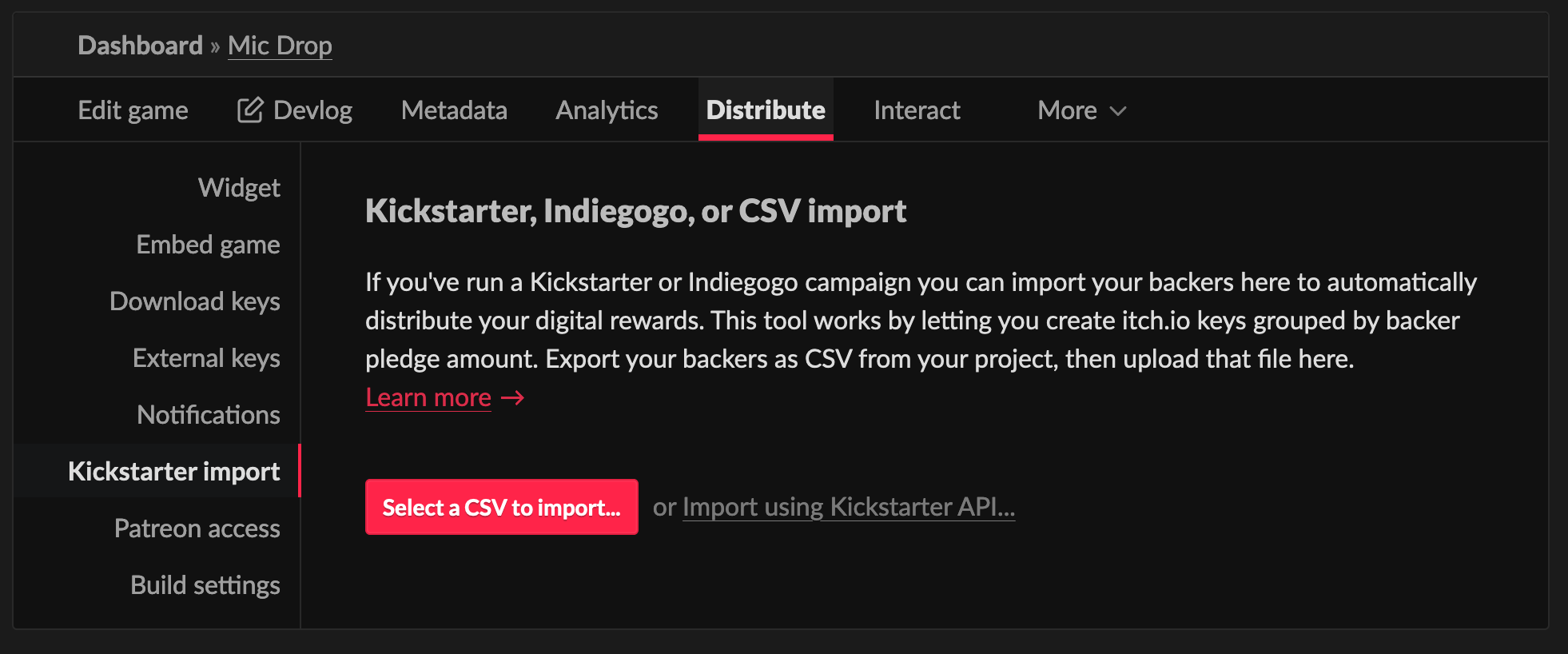
Hi all,
Some of us have experimented with a "suspended coffee" style community copy program on itch to support those with financial limitations, leveraging itch's reward system. A lot of how to do it has sort of grown out of discussions on Discord and Twitter, and information on how to do it has been requested enough that I thought I'd make a blog post about it, and share here.
Questions and feedback welcome! <3
Sort of, but not the way you mention.
eReader devices and most software readers have that capability built-in. It's a good idea to test your rulebooks to make sure they work in both situations. Images including dark text on transparent backgrounds or light text on transparent backgrounds are the biggest culprits, as the background will change dynamically, but the image may not. I tend to put a stroke around text that needs to be in images like that.
For accessibility, PDFs are kind of terrible. ePubs or other non-fixed layout formats are better -- for the aforementioned day/night swap, but also being able to zoom the text without having the scroll all around the document with a virtual magnifying glass. If you also want to get real into it, try feeding your game into a screen reader. It's an experience.
That said, all this comes along with trade-offs in visual layout control (as a lot is now in the hands of the user). It's up to you as a designer if that cost is worth it. For me, it usually is.
To clarify, this jam is somewhat unlike the games like Mao or King's Cup or similar, where one is not allowed to be told the rules, and must infer the game's rules from observing play. Unwritten games are intended to be teachable.
Talking and teaching the rules of play (in a non-permanent way) is fine. However, recording the rules in video, audio or text embeds the ephemeral into concrete. Don't do that.
One analogy I've been considering is to take web-games as a model. On a web game, the game is not "ownable". It is controlled and hosted by the developer, and only played by the player. If there are no rules or tutorial provided, then the game itself will not serve as instruction, but can be a model of behavioural cause and effect. Experiment. Push buttons and pull levers. See what happens. Building that kind of asymmetric (player/GM? player/game?) experimentation into a tabletop game may be an option.
Hi,
This may be something I've missed, but I'd like to know how to make a bundle in combination with individual title goals.
I'd like to have individual funding Goals for each game, as described in https://itch.io/docs/creators/pricing#project-goals, but I didn't think ahead and make separate pre-order sales for each title. As I've already had purchasers for my existing 5-game bundle, what's my best option for doing the following?
- show goals for each of the selected titles
- allow customers to purchase a single title at a discount (contributing to the goal for that title only)
- allow customers to easily purchase all selected titles at a discount in a bundle
- not cause issues for customers that have already pre-ordered via project pages or sale pages
- allow multi-title bundle purchasers to contributing to the individual goals for all selected titles
I feel like I can get 1 & 2 with individual Goal sales, 3 & 4 with a second non-Goal bundle -- but not all options together -- and 5 is just impossible right now.
This is a confusing question, I agree, but maybe there's something I missed.
Thanks!


